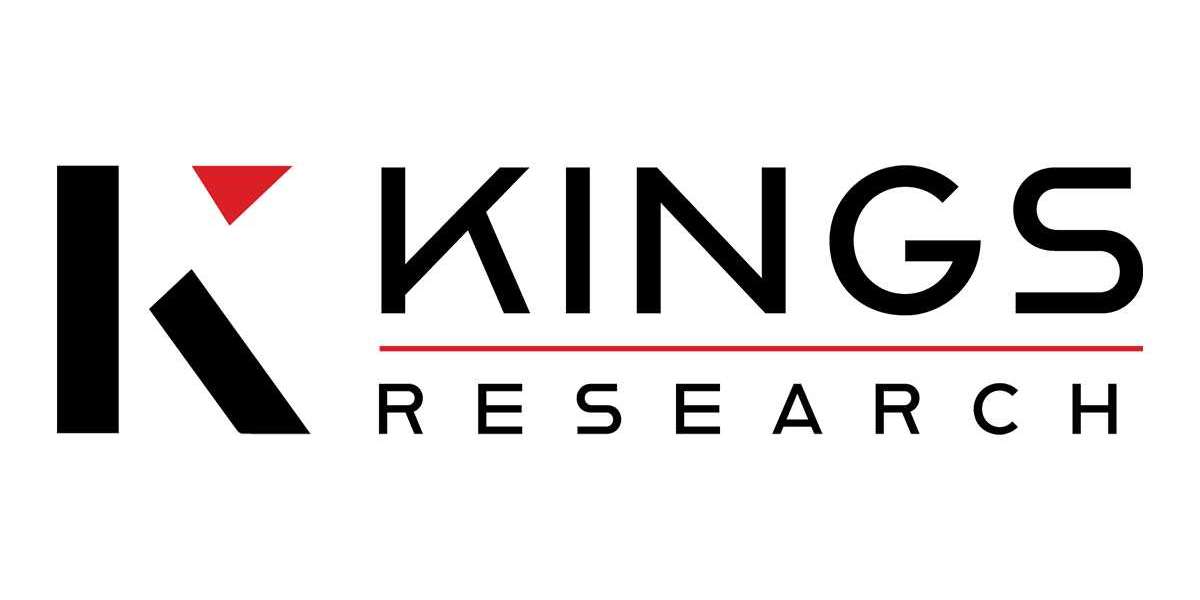In today’s competitive job market, investing in professional qualifications is a strategic move for career advancement. For individuals aiming to work in health and safety roles, obtaining a NEBOSH (National Examination Board in Occupational Safety and Health) certification is often viewed as a necessity. However, before embarking on this educational journey, it’s crucial to understand the NEBOSH course fee and how it impacts your career growth. This article delves into the financial aspect of obtaining a NEBOSH certification and evaluates the return on investment (ROI) it offers.
The NEBOSH course fee varies based on the level of certification you pursue, the training provider, and the region. While the initial outlay may seem substantial, it is essential to weigh these costs against the potential long-term benefits. In this article, we will explore the detailed breakdown of NEBOSH course fees, analyze the associated costs, and determine how the investment can lead to significant career opportunities and financial rewards in the occupational safety field.
What is NEBOSH?
Before delving into the fees and ROI, it’s important to understand what NEBOSH is and why it holds such high regard in the health and safety sector. NEBOSH offers globally recognized qualifications in health, safety, and environmental management. These qualifications are designed to equip professionals with the knowledge and skills necessary to manage workplace risks and ensure compliance with health and safety regulations.
NEBOSH certifications are available at different levels, including:
- NEBOSH General Certificate (Level 3) – For those looking to start or advance their career in health and safety.
- NEBOSH Diploma (Level 6) – A more advanced qualification aimed at health and safety practitioners who are looking for more senior roles.
- Specialized NEBOSH Certificates (e.g., Construction, Fire Safety) – Tailored to specific industries or areas of expertise.
Why Consider NEBOSH?
NEBOSH qualifications are recognized by many organizations across industries and countries. They are often considered a prerequisite for various safety roles, making them a valuable asset in securing employment, improving job security, and increasing earning potential.
NEBOSH Course Fee: A Detailed Breakdown
Understanding the NEBOSH course fee is the first step toward making an informed decision about pursuing this qualification. The cost of a NEBOSH course can vary depending on several factors, including the type of course, the learning mode (classroom-based, distance learning, or e-learning), and the training provider.
Factors That Influence NEBOSH Course Fees
1. Type of NEBOSH Qualification
- NEBOSH General Certificate: This is one of the most popular courses. The NEBOSH course fee for this qualification typically ranges between $1,200 to $2,500, depending on the training provider and location. This fee includes the cost of study materials, exams, and other associated costs.
- NEBOSH Diploma: As a more advanced course, the diploma comes with a higher price tag. The NEBOSH course fee for the diploma can range between $3,500 to $7,000, depending on the provider and learning mode.
2. Learning Mode
- Classroom Learning: Traditional classroom learning is usually the most expensive option due to the need for physical resources and in-person instruction. However, it offers the advantage of direct interaction with tutors and peers.
- E-Learning or Distance Learning: These options are generally more cost-effective, with fees typically being lower than classroom-based courses. They also offer flexibility, allowing learners to study at their own pace. The NEBOSH course fees for e-learning can range from $800 to $2,000 for the General Certificate and $3,000 to $6,000 for the diploma.
3. Location
The cost of NEBOSH courses varies significantly from one region to another. In countries with a higher cost of living, you can expect the NEBOSH course fee to be on the higher end of the spectrum. Conversely, in countries where operational costs are lower, the course fee may be more affordable.
4. Additional Costs
Besides the standard NEBOSH course fee, there may be additional costs such as:
- Exam fees: These are often separate from the tuition and can range between $150 to $500, depending on the course.
- Study materials: While many providers include materials in their fees, some may charge extra for textbooks, online resources, or revision tools.
Return on Investment (ROI) for NEBOSH Certifications
With the NEBOSH course fee often running into thousands of dollars, the natural question is whether this investment pays off in the long run. Let’s explore the potential ROI for individuals who obtain a NEBOSH qualification.
1. Increased Earning Potential
One of the most immediate and tangible benefits of obtaining a NEBOSH qualification is the potential for higher earnings. Many organizations offer significant salary boosts to professionals holding NEBOSH certifications, as these qualifications demonstrate competence in managing workplace safety.
- NEBOSH General Certificate Holders: According to industry data, individuals with a NEBOSH General Certificate can expect an average salary increase of 10-20%, with many professionals earning between $45,000 to $70,000 annually, depending on their location and experience.
- NEBOSH Diploma Holders: Professionals with a NEBOSH Diploma often earn between $60,000 to $100,000 annually, with even higher salaries for those in senior roles or high-risk industries like oil and gas or construction.
2. Enhanced Job Security
The value of NEBOSH certifications goes beyond salary. Having a NEBOSH qualification can provide enhanced job security in a volatile job market. Many industries, especially construction, manufacturing, and energy, regard NEBOSH as a benchmark for health and safety management. As regulations become more stringent, companies are more inclined to hire certified professionals to minimize risks and ensure compliance.
3. Global Opportunities
NEBOSH qualifications are recognized worldwide, offering professionals the opportunity to work abroad or in multinational companies. This international recognition significantly broadens job prospects and increases the potential for higher salaries in regions where health and safety expertise is in high demand, such as the Middle East or Australia.
4. Career Progression
Investing in a NEBOSH qualification often leads to faster career progression. Many professionals with a NEBOSH General Certificate find themselves moving into supervisory or managerial positions within a few years, while those with a NEBOSH Diploma often secure senior leadership roles. The financial benefits of career progression typically outweigh the initial NEBOSH course fees, leading to long-term gains.
5. Employer Sponsorship and Funding Options
In many cases, employers may be willing to cover the NEBOSH course fee for their employees, recognizing the value that qualified health and safety professionals bring to the organization. This sponsorship not only reduces the personal financial burden but also accelerates the ROI, as employees can apply their newfound skills directly to their job, benefiting both themselves and the company.
6. Reduced Workplace Incidents
From an employer’s perspective, hiring NEBOSH-certified professionals can lead to a reduction in workplace incidents, resulting in lower insurance premiums, fewer legal liabilities, and an overall improvement in productivity. This indirect ROI can translate into increased job security and career satisfaction for NEBOSH-qualified individuals.
Is the Investment Worth It?
When evaluating whether the NEBOSH course fee is worth the investment, it is important to consider both the short-term and long-term benefits. While the upfront cost can be high, the long-term advantages – including increased earning potential, enhanced job security, and global career opportunities – make it a worthwhile investment for many professionals.
For those seeking to work in high-risk industries or advance to senior roles in health and safety management, a NEBOSH Diploma offers even greater ROI, though it comes with a higher initial cost. The NEBOSH course fees should be viewed as an investment in your professional development, with the potential for significant financial and career growth over time.
Conclusion
The decision to invest in a NEBOSH qualification should be made with careful consideration of the NEBOSH course fee and the potential return on investment. While the fees can be substantial, the benefits – such as higher salaries, enhanced job security, and international career prospects – often outweigh the costs. With employers increasingly recognizing the value of NEBOSH-certified professionals, the ROI from this qualification can be substantial, both in terms of financial rewards and career advancement. Whether you are just starting out in health and safety or looking to take your career to the next level.







